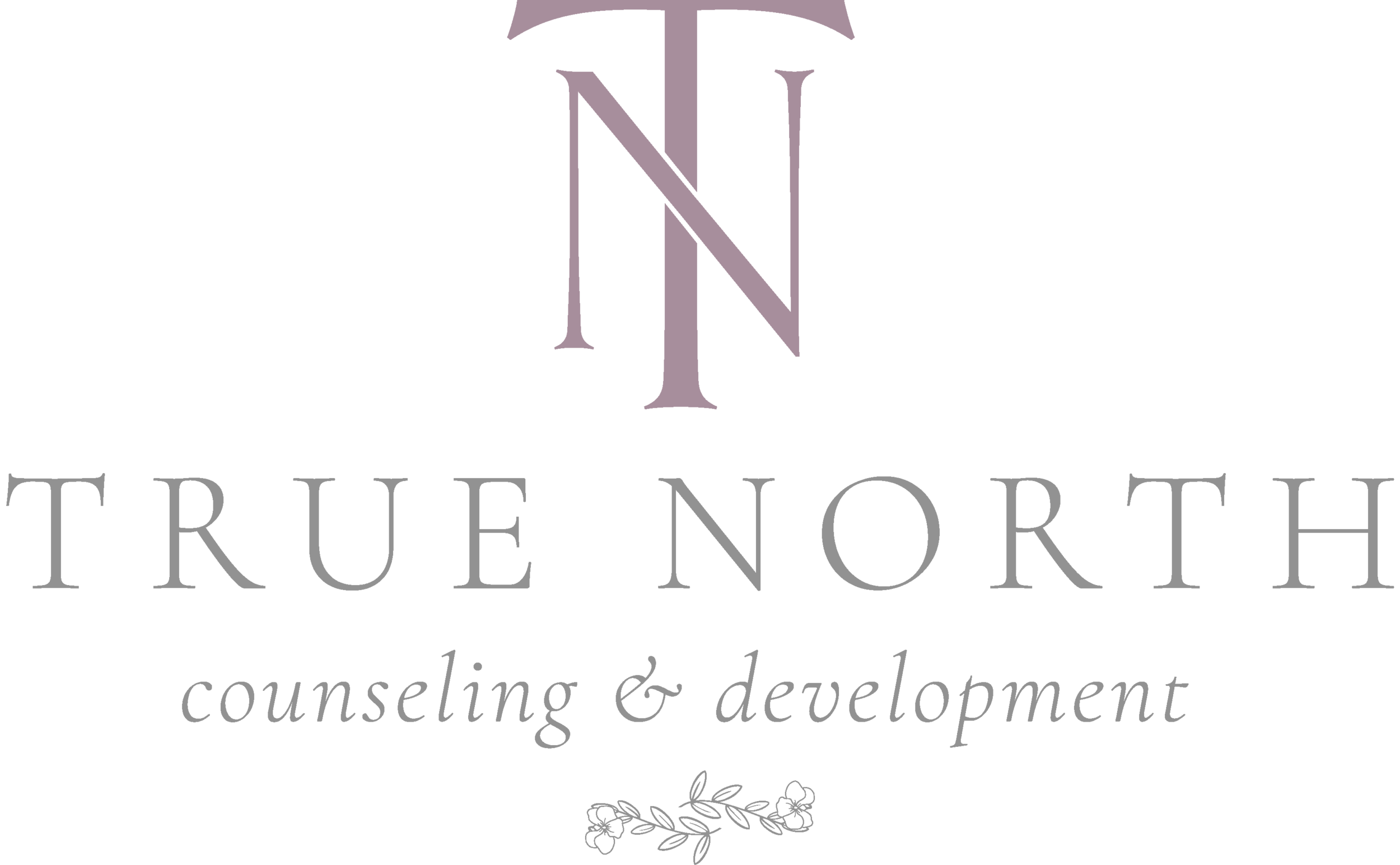Eye Movement Desensitization and Reprocessing (EMDR)
Have you tried traditional talk-therapy, and something just doesn’t feel completely resolved?
Have you hashed out a problematic event in your life over and over, and even though everything makes logical sense, your gut and/or emotions still feel off about it?
Do you feel like something happened in your life but you can’t place it or gather a memory about it? Like you know something bad happened…but you can’t determine what it is…
Are you ever in a battle between what you know to be true and what you are feeling or how you respond to life events?
If any of these resonate with you, you may be a perfect candidate for Eye Movement Desensitization Reprocessing Therapy (EMDR).
OR
Since its conceptualization in 1987 by Francine Shapiro, PhD, EMDR has been identified as an empirically based therapeutic modality aimed to promote healing to many individuals with a large variety of psychological issues.
EMDR works on a psychological and neurological level by providing adequate resources for persons to process stressful life events and emotional experiences without the requirement of dictating every detail or aspect.
In this approach, you will establish a target problem, and the therapist will guide you through 8 phases of treatment until the target problem is resolved.
EMDR is especially helpful when your brain and emotions are disconnected around an issue.
Sarah Nolan, M.A., LPP, has been using EMDR with trauma survivors since her initial training in 2017.
What she often sees is that survivors have told their story 1000 different ways to friends, family, partners, and therapists alike, and despite knowing the trauma event is not their fault…they always say,
“Why do I still feel guilty?”
“Why do I still carry shame about this?”
OR
Sarah says, “What often happens is that our brains are not fully online and operational when we are actively in a traumatic event.
We are so engulfed with survival that our brains cannot fully grasp and process the event and move forward even after the event is over.
EMDR provides the opportunity for the entire brain to process a traumatic event in ways that traditional talk therapy may not permit.
All too often, I see trauma survivors over-intellectualize their experiences or become so flooded by trauma material that they lose themselves in the emotions.
EMDR ensures that all clients have the preparation work needed to address trauma material while also permitting the self to work through what is necessary to achieve healing.
We naturally as humans carry a predisposition to guard or protect ourselves because of the fears of vulnerability.
EMDR helps break through these defense mechanisms so you can either heal or reveal what is necessary to thrive.”
If after reading this, you determine that you are ready to heal from an issue or trauma experience that is holding you back, please call us at 859-740-7374 or fill out the Contact Form below to inquire further about how EMDR can help you look to a brighter future.
Contact Form
If you are experiencing an emergency, please call 911.
Please use this contact form and/or email for initial appointment inquiries only because the security of your protected health information cannot be guaranteed when transmitted electronically.
For all other questions related to scheduling initial appointments, rescheduling appointments, speaking with your therapist, etc. please give us a call.
CONTACT FORM




